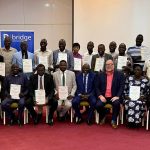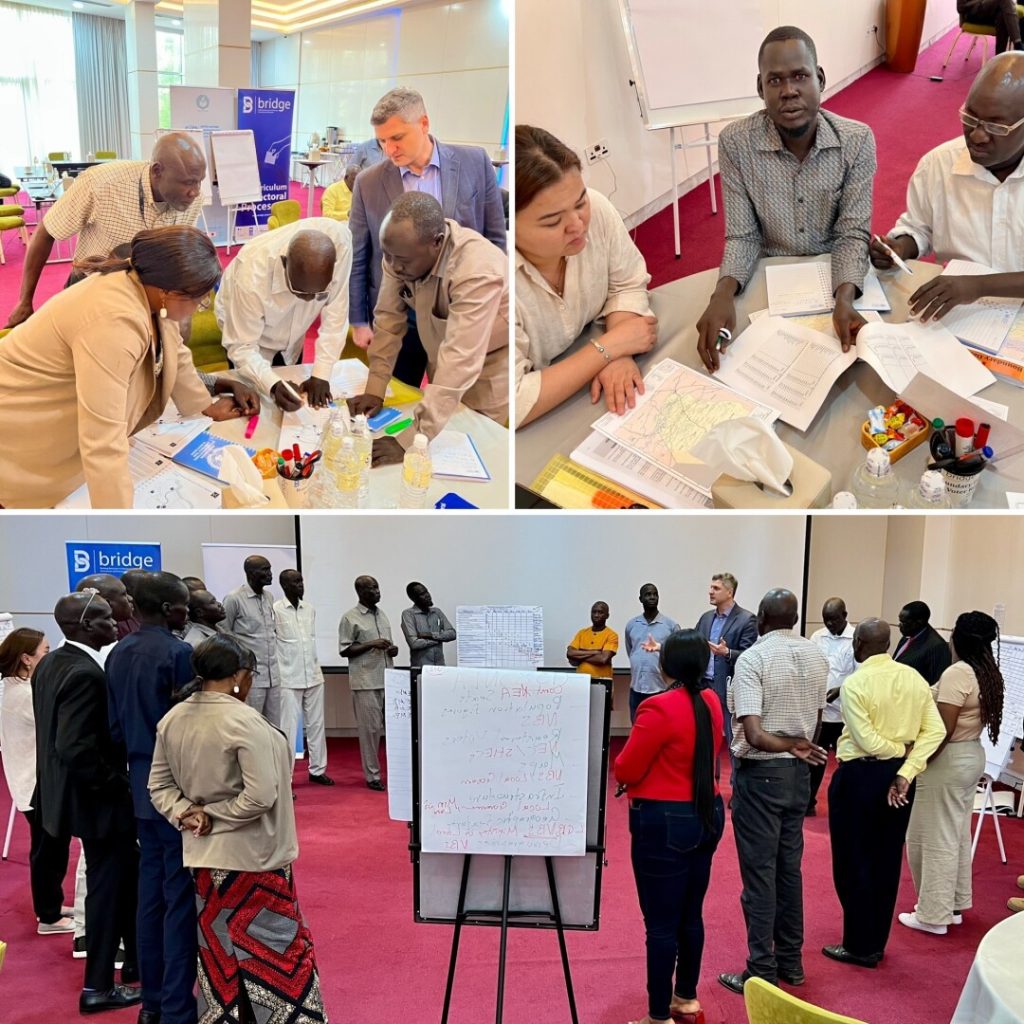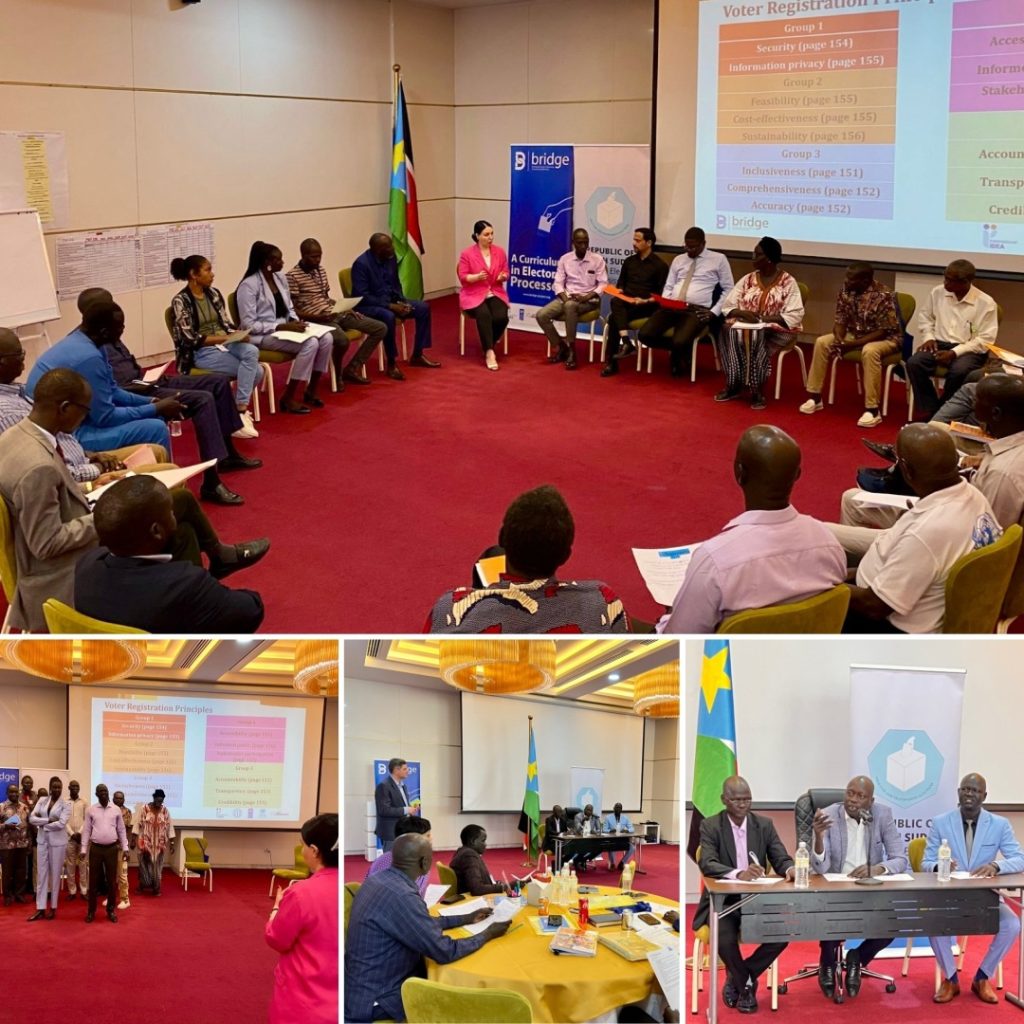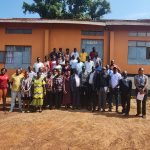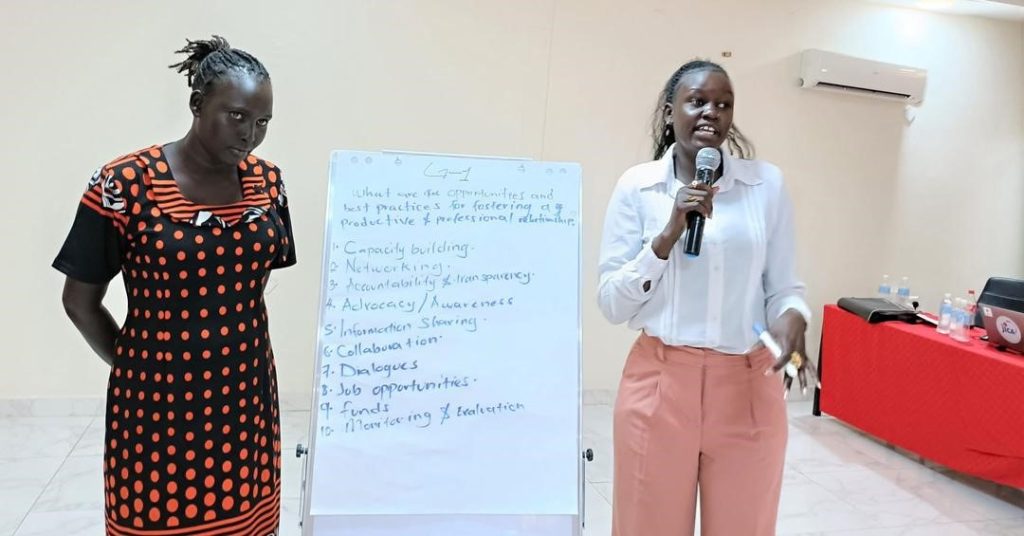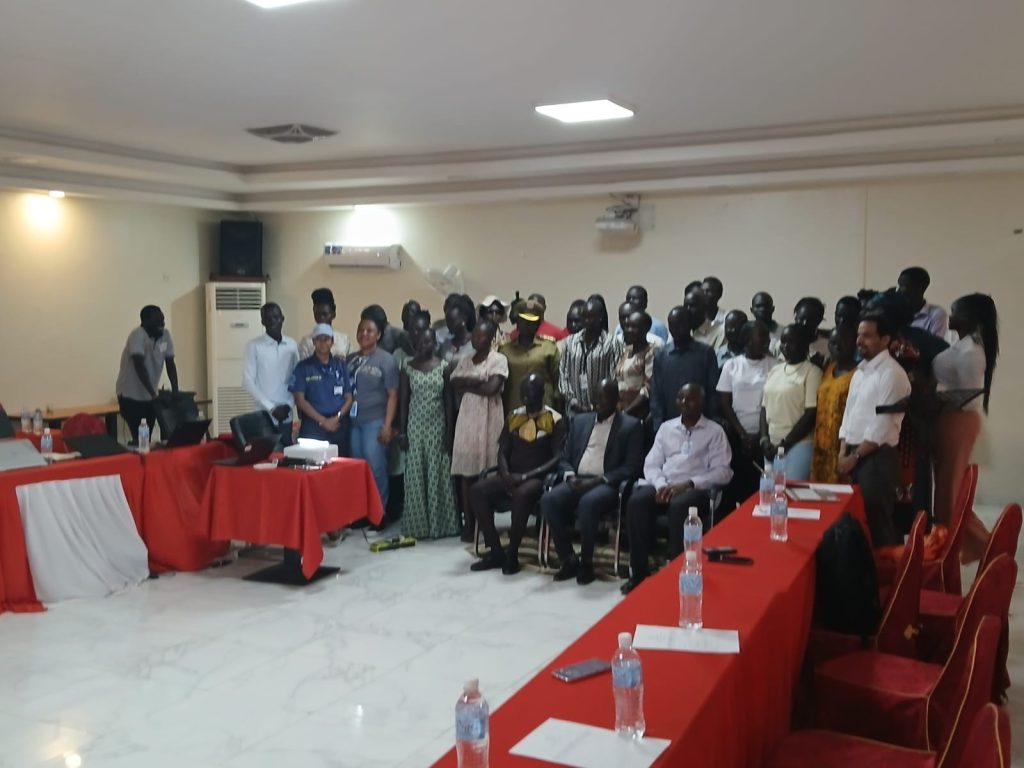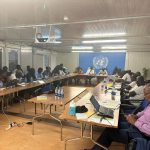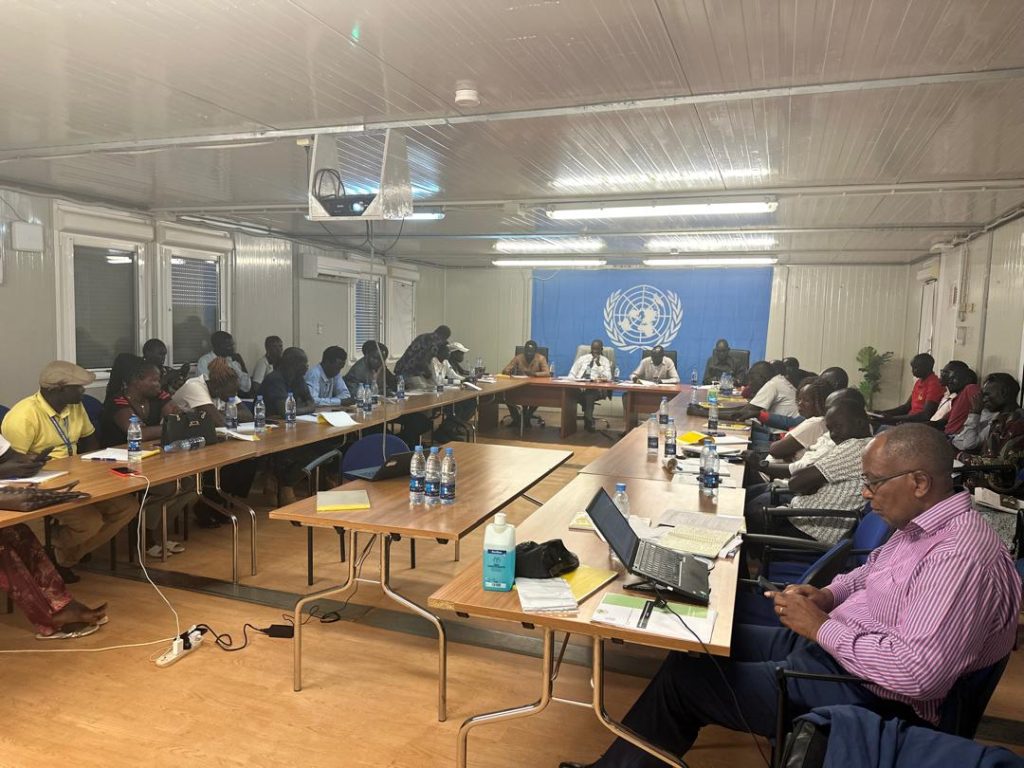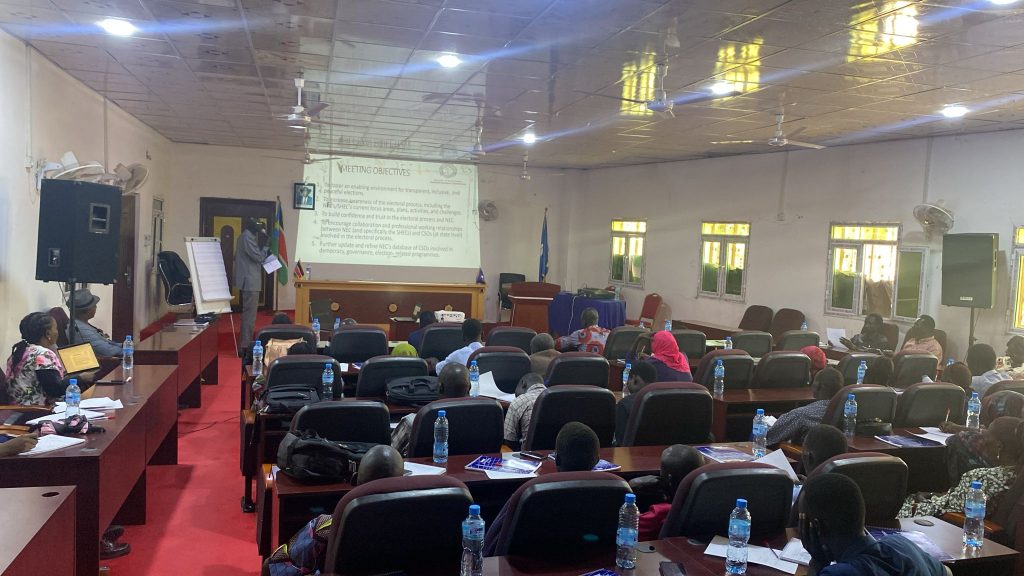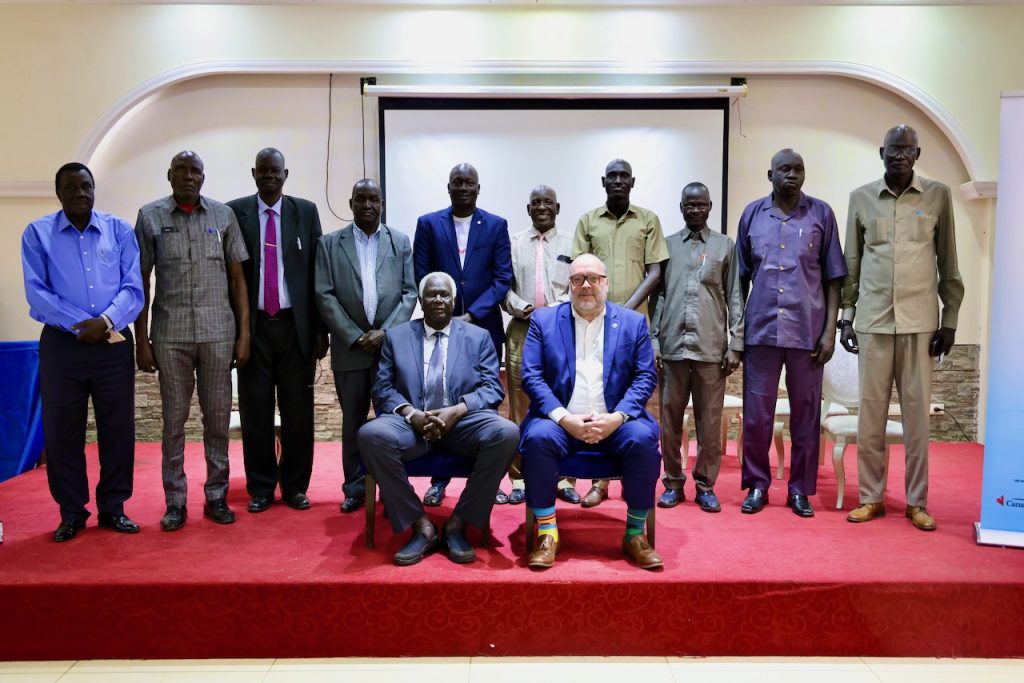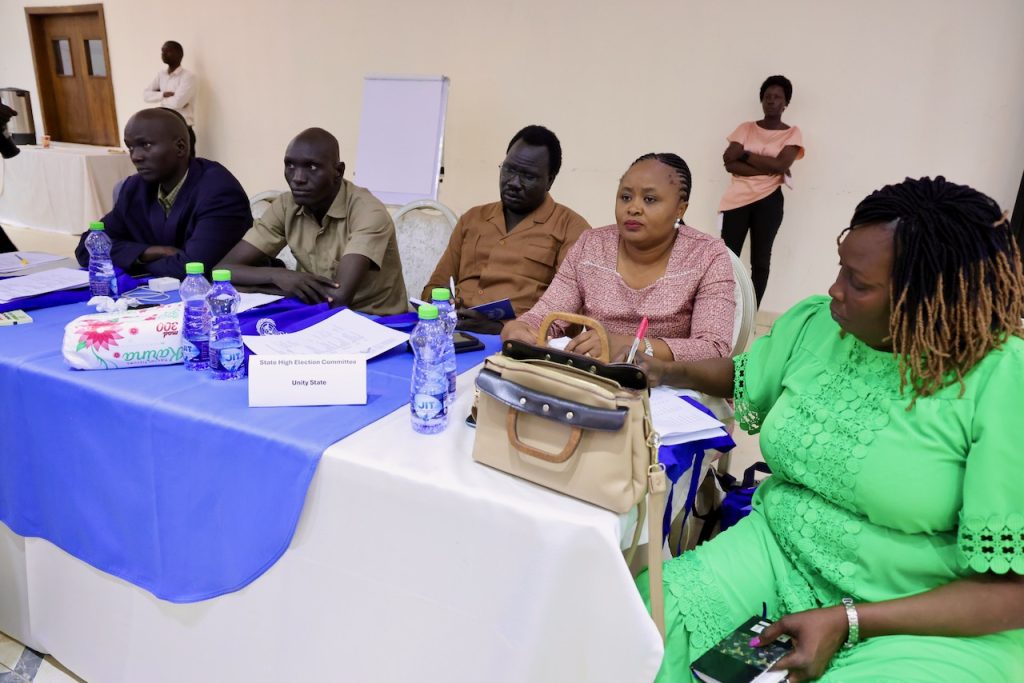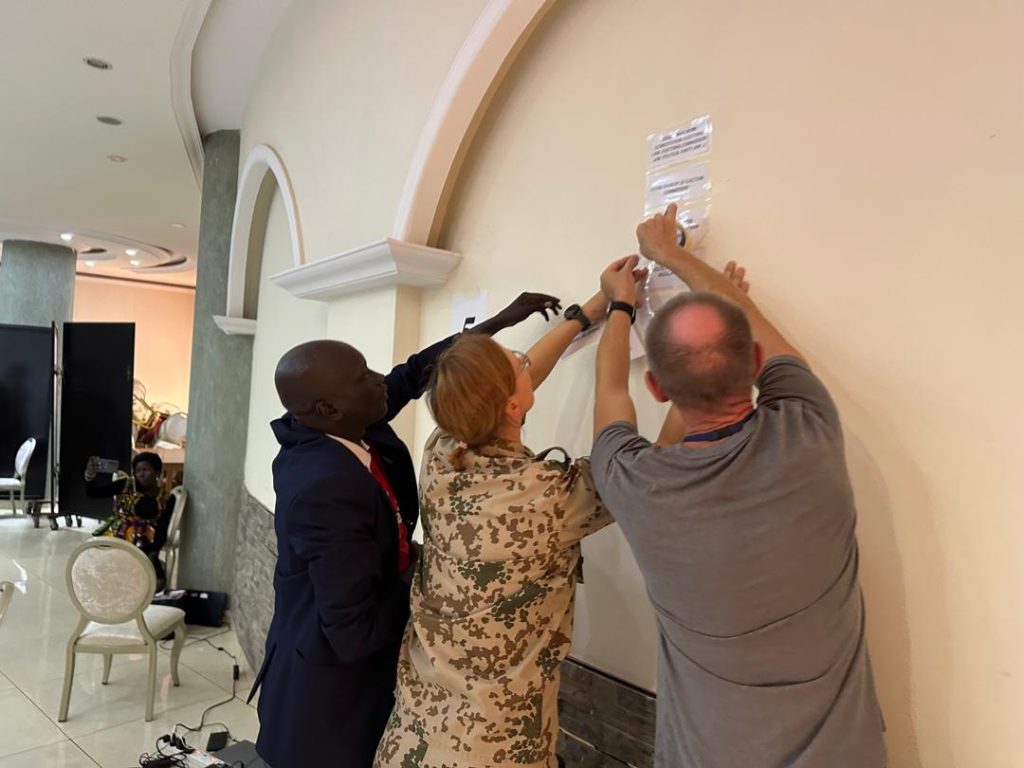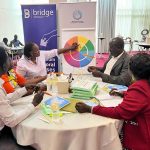UNMISS PROVIDES STATE HIGH ELECTION COMMITTEE OFFICE – WESTERN EQUATORIA STATE TO SUPPORT INSTITUTIONAL READINESS FOR THE ELECTORAL PROCESS

As part of a joint partnership between the National Elections Commission (NEC), UNDP and UNMISS to operationalize all ten State High Election Committee (SHEC) offices in order to lay the institutional foundations for electoral preparations around the country, UNMISS handed over a newly constructed office complex to the NEC and SHEC in Yambio, Western Equatoria State. The UNMISS-supported construction project was utilizing the Quick Impact Projects (QIPs) funding and carried out through the implementation by the local Western Equatoria State organization, Community Organization for Peer Educators (COPE).

Planning of the project first began in December 2024, based on a needs assessment and later designed and implemented in collaboration with the NEC and SHEC. The office complex was built from the ground up and includes seven offices, a conference hall with storage, security post and pit latrines. Additionally, the project provided office furniture and solar panels for electric sustainability.
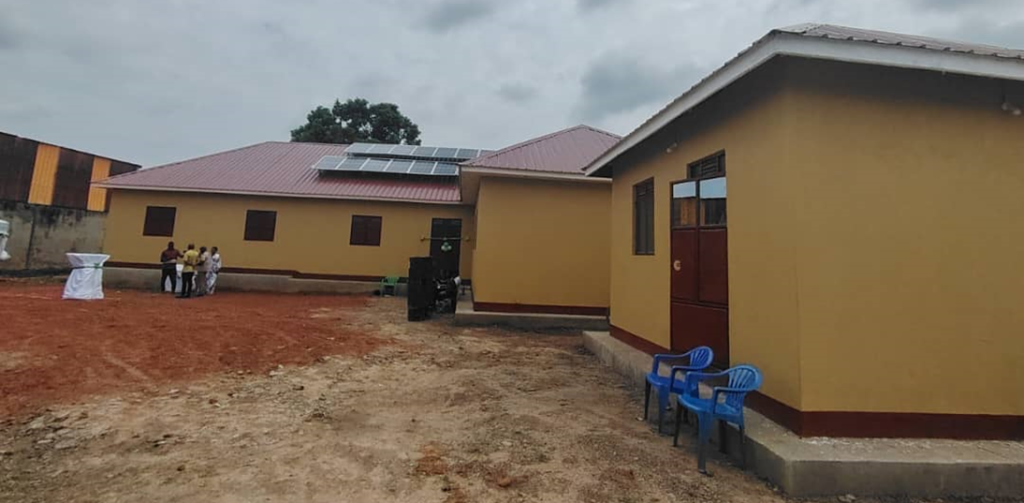
The handover ceremony was attended by the NEC Chief Electoral Officer, NEC Secretary-General, Acting Governor of Western Equatoria State, the Chairperson of the SHEC-Western Equatoria, in addition to other representatives of the SHEC, UNMISS, and civil society, among others.

In addition to providing a functional office in order to begin election preparations and conduct election activities at the state level, the office will also facilitate the engagement of the SHEC with diverse electoral stakeholders, including voters, candidates, political parties, civil society organizations, the media, and observer groups, enabling them to perform their roles effectively in building an inclusive, conducive environment for elections to take place.
“For any election management body, the establishment of a functional office is key to its ability to plan and prepare for an electoral process, in addition to being able to have a space to engage with electoral stakeholders. The construction of this State High Election Committee office here in Western Equatoria State is a positive step in creating the environment for elections to take place. The NEC appreciates UNMISS for its continued support in building NEC’s institutional capacity,” reflected Mr. Gabriel Bol Deng, Secretary General of the National Election Commission during the handover ceremony.
“The State High Election Committee in Western Equatoria State looks forward to working with all electoral stakeholders in preparing for elections and appreciates the work of UNMISS, not only for providing this office, but also for the multiple trainings to support our understanding and ability to prepare for elections and effectively engage with stakeholders,” said the Chairperson of the State High Election Committee-Western Equatoria State.









